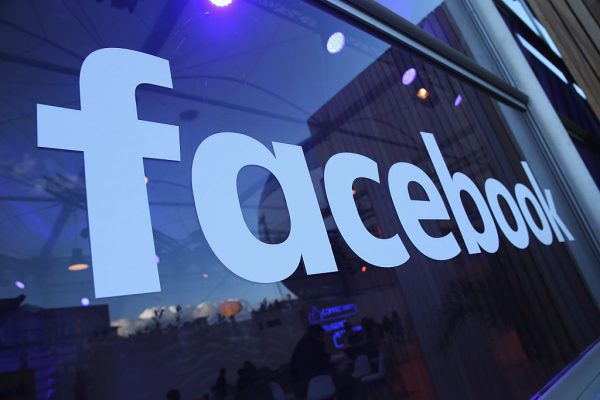
Facebook takes down misleading ads about HIV-prevention drug
– The Washington Post and other media outlets reported that the social media company began taking down ads for lawsuits against Gilead Sciences regarding the drug Truvada following a widespread outcry from LGBT and HIV groups and health experts.
Facebook is taking down misleading advertisements regarding a drug used to prevent HIV following complaints from several organizations and experts.
The Washington Post and other outlets reported Monday that the social media giant had started to quietly remove the ads, placed by personal injury lawyers for lawsuits alleging that Gilead Sciences’ Truvada (tenofovir disoproxil fumarate), used for pre-exposure prophylaxis (PrEP) to prevent the spread of HIV, were linked to kidney problems and reduced bone density.
Despite widespread outcry from LGBT organizations, health experts and others, the company had initially declined to remove the ads. PrEP is commonly used among LGBT people and others who are considered at high risk of contracting HIV.
Truvada has been known to cause renal impairment and loss of bone density in some patients – as stated in the drug’s package insert – but the drug’s benefits are widely regarded as outweighing the risks. Indeed, Gilead won Food and Drug Administration for a newer drug, Descovy (emtricitabine, tenofovir alafenamide) for PrEP in October, based on that drug’s lower incidence of kidney and bone problems, but some interviewed experts said they would still use Truvada in many patients anyway because the older drug is well-tolerated. Truvada is also expected to become available as a generic later this year.
An analysis of the ads’ claims published in July concluded that they were misleading because they lacked context, suggesting that the risks of kidney damage and loss of bone density were the same for those taking Truvada as a preventive treatment as they were for patients taking it to treat existing HIV infection.
Dozens of LGBT and HIV advocacy groups signed on to a Dec. 9 open letter to Facebook CEO Mark Zuckerberg asking him to remove the ads from Facebook and Instagram as they risk scaring HIV-negative people from using Truvada to prevent infection.
“By allowing these advertisements to persist on their platforms, Facebook and Instagram are convincing at-risk individuals to avoid PrEP, invariably leading to avoidable HIV infections,” the letter read. “You are harming public health.”
The ads are but one example of how Facebook has often served as fertile ground for misleading and potentially dangerous health claims. In November, a study by researchers at George Washington University and the University of Maryland and published in the journal Vaccine found that of 500 vaccine-related ads examined, 54% were opposed to vaccination, and only two organizations – the World Mercury Project and Stop Mandatory Vaccination – were responsible for all of them. And in 2018, Facebook deleted dozens of pages related to alternative medicine, some of which had as many 3.6 million followers.
WHAT IS PANCAP?
PANCAP is a Caribbean regional partnership of governments, regional civil society organisations, regional institutions and organisations, bilateral and multilateral agencies and contributing donor partners established on 14 February 2001. PANCAP provides a structured and unified approach to the Caribbean’s response to the HIV epidemic, and coordinates the response through the Caribbean Regional Strategic Framework on HIV and AIDS to maximise efficient use of resources and increase impact, mobilise resources and build the capacity of partners.
What are the Global AIDS Strategy 2021–2026 targets and commitments?
If targets and commitments in the strategy are achieved:
- The number of people who newly acquire HIV will decrease from 1.7 million in 2019 to less than 370 000 by 2025
- The number of people dying from AIDS-related illnesses will decrease from 690 000 in 2019 to less than 250 000 in 2025.
- The goal of eliminating new HIV infections among children will see the number of new HIV infections drop from 150,000 in 2019 to less than 22,000 in 2025.
What are the 95-95-95 Targets for ending AIDS?
- 95% of People Living with HIV know their HIV status;
- 95% of people who know their status on treatment; and
- 95% of people on treatment with suppressed viral loads.
HELPFUL LINKS:
Global AIDS Strategy 2021–2026, End Inequalities, End AIDS
https://pancap.org/pancap-documents/global-aids-strategy-2021-2026-end-inequalities-end-aids/
Caribbean Regional Strategic Framework on HIV and AIDS (CRSF) 2019-2025
https://pancap.org/pancap-documents/caribbean-regional-strategic-framework-2019-2025/
